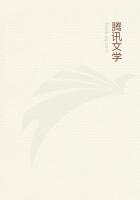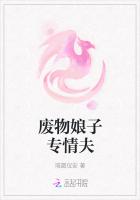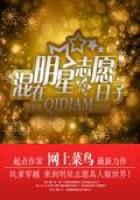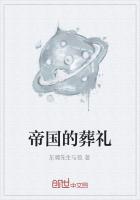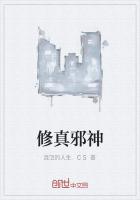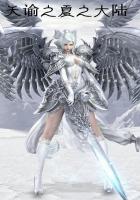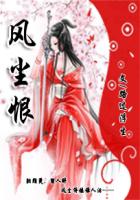Just as he reached his thirteenth year, and his father had settled that he was strong enough to go to school, and, after much debating with himself, had resolved to send him there, a desperate typhus fever broke out in the town. Most of the other clergy, and almost all the doctors, ran away; the work fell with tenfold weight on those who stood to their work. Arthur and his wife both caught the fever, of which he died in a few days; and she recovered, having been able to nurse him to the end, and store up his last words. He was sensible to the last, and calm and happy, leaving his wife and children with fearless trust for a few years in the hands of the Lord and Friend who had lived and died for him, and for whom he, to the best of his power, had lived and died. His widow's mourning was deep and gentle. She was more affected by the request of the committee of a freethinking club, established in the town by some of the factory hands (which he had striven against with might and main, and nearly suppressed), that some of their number might be allowed to help bear the coffin, than by anything else. Two of them were chosen, who, with six other labouring men, his own fellow-workmen and friends, bore him to his grave--a man who had fought the Lord's fight even unto the death. The shops were closed and the factories shut that day in the parish, yet no master stopped the day's wages; but for many a year afterwards the townsfolk felt the want of that brave, hopeful, loving parson and his wife, who had lived to teach them mutual forbearance and helpfulness, and had almost at last given them a glimpse of what this old world would be if people would live for God and each other instead of for themselves.
What has all this to do with our story? Well, my dear boys, let a fellow go on his own way, or you won't get anything out of him worth having. I must show you what sort of a man it was who had begotten and trained little Arthur, or else you won't believe in him, which I am resolved you shall do; and you won't see how he, the timid, weak boy, had points in him from which the bravest and strongest recoiled, and made his presence and example felt from the first on all sides, unconsciously to himself, and without the least attempt at proselytizing. The spirit of his father was in him, and the Friend to whom his father had left him did not neglect the trust.
After supper that night, and almost nightly for years afterwards, Tom and Arthur, and by degrees East occasionally, and sometimes one, sometimes another, of their friends, read a chapter of the Bible together, and talked it over afterwards.
Tom was at first utterly astonished, and almost shocked, at the sort of way in which Arthur read the book and talked about the men and women whose lives were there told. The first night they happened to fall on the chapters about the famine in Egypt, and Arthur began talking about Joseph as if he were a living statesman--just as he might have talked about Lord Grey and the Reform Bill, only that they were much more living realities to him. The book was to him, Tom saw, the most vivid and delightful history of real people, who might do right or wrong, just like any one who was walking about in Rugby--the Doctor, or the masters, or the sixth-form boys. But the astonishment soon passed off, the scales seemed to drop from his eyes, and the book became at once and for ever to him the great human and divine book, and the men and women, whom he had looked upon as something quite different from himself, became his friends and counsellors.
For our purposes, however, the history of one night's reading will be sufficient, which must be told here, now we are on the subject, though it didn't happen till a year afterwards, and long after the events recorded in the next chapter of our story.
Arthur, Tom, and East were together one night, and read the story of Naaman coming to Elisha to be cured of his leprosy.




